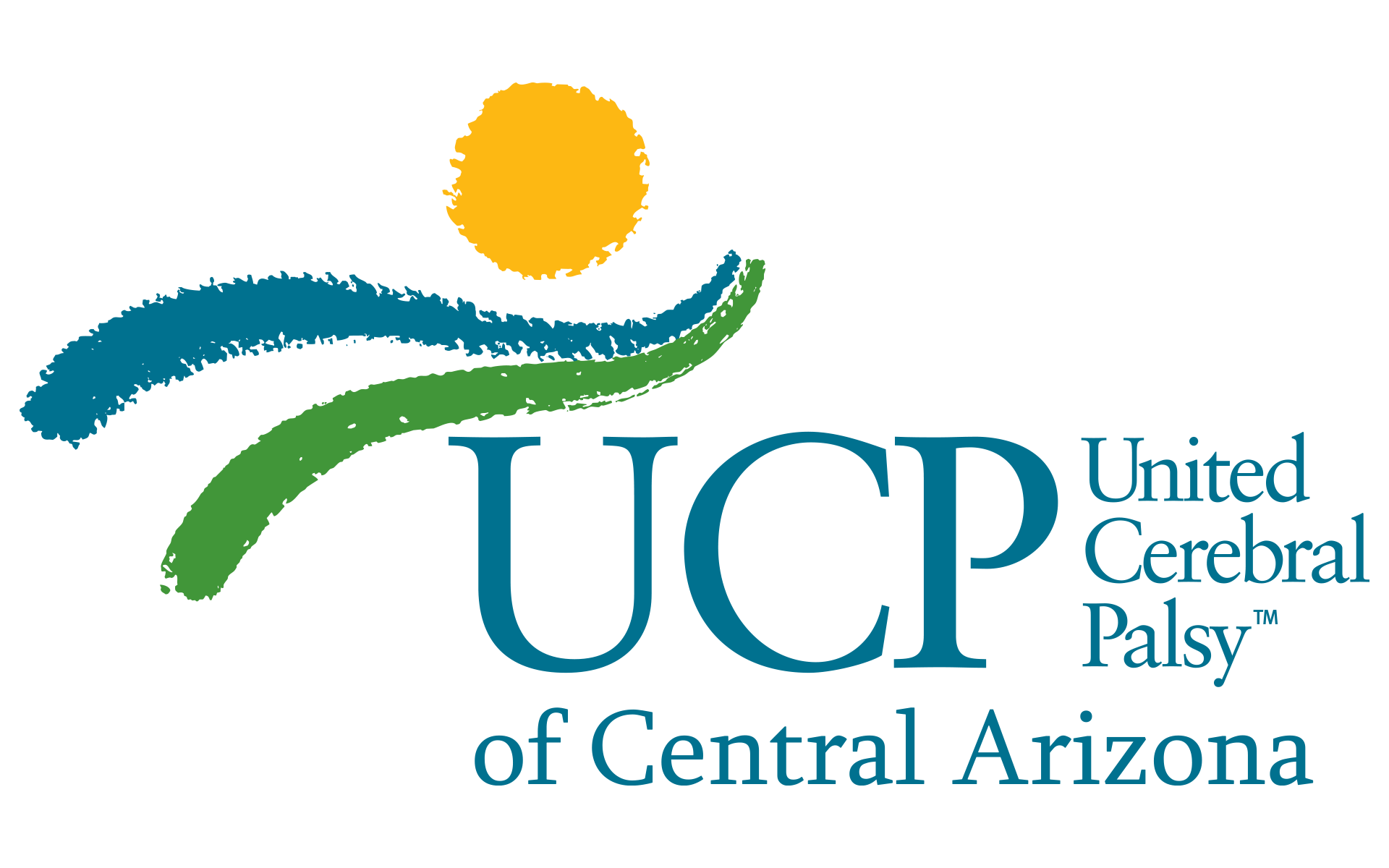If your child has been diagnosed with asymmetrical types of cerebral palsy (CP) or traumatic brain injury or a brachial plexus injury, Constraint Induced Movement Therapy (CIMT) is a best practice intervention that helps children as young as 6 months old to use the impaired arm and hand. Children quickly learn that the less affected arm is the more efficient arm, which leads to learned non-use of the more affected arm. Using a constraint on the less affected side redirects the child’s activities to incorporate the affected side. UCP’s occupational or physical therapists are members of the UCP National’s Early Detection and Intervention Collaborative. Our highly trained team will help you grade challenging activities that promote sensory feedback and prevent musculoskeletal complications of the affected arm.
Here is what you need to know!
We offer Baby CIMT for children 2 years and younger and Pediatric CIMT for children 3 years and up.
CIMT should be implemented in an intensive burst of 3 to 4 weeks. Our therapists will help you create a schedule.
UCP will use standardized protocol while individualizing a treatment plan that works for you and your family.
Constraints should be soft or semi-soft and may vary depending on your child and the recommended activities. Let our therapists help you.
Our approach is family friendly and can be implemented at home, via teletherapy (virtual) along with one or more in-person visits.
Constraint Induced Movement Therapy increases awareness, builds strength, and improves motor control and spontaneous movement when a child uses the impaired arm. In a 2019 landmark systematic review, research evidence showed CIMT to be unequivocally best practice for young children with these conditions. CIMT is best practices. Best practices is the UCP way.
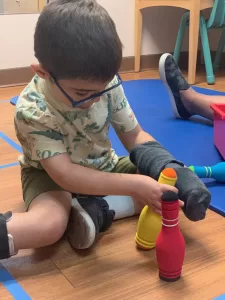
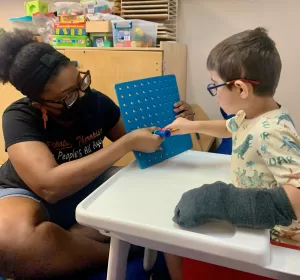
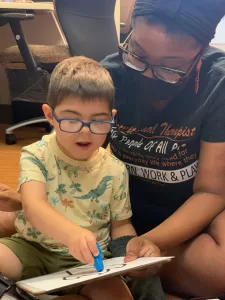
why not
Subscribe to Our Newsletter
Learn more about our programs and services and how we help people with disabilities thrive. We typically send emails once or twice a month.
